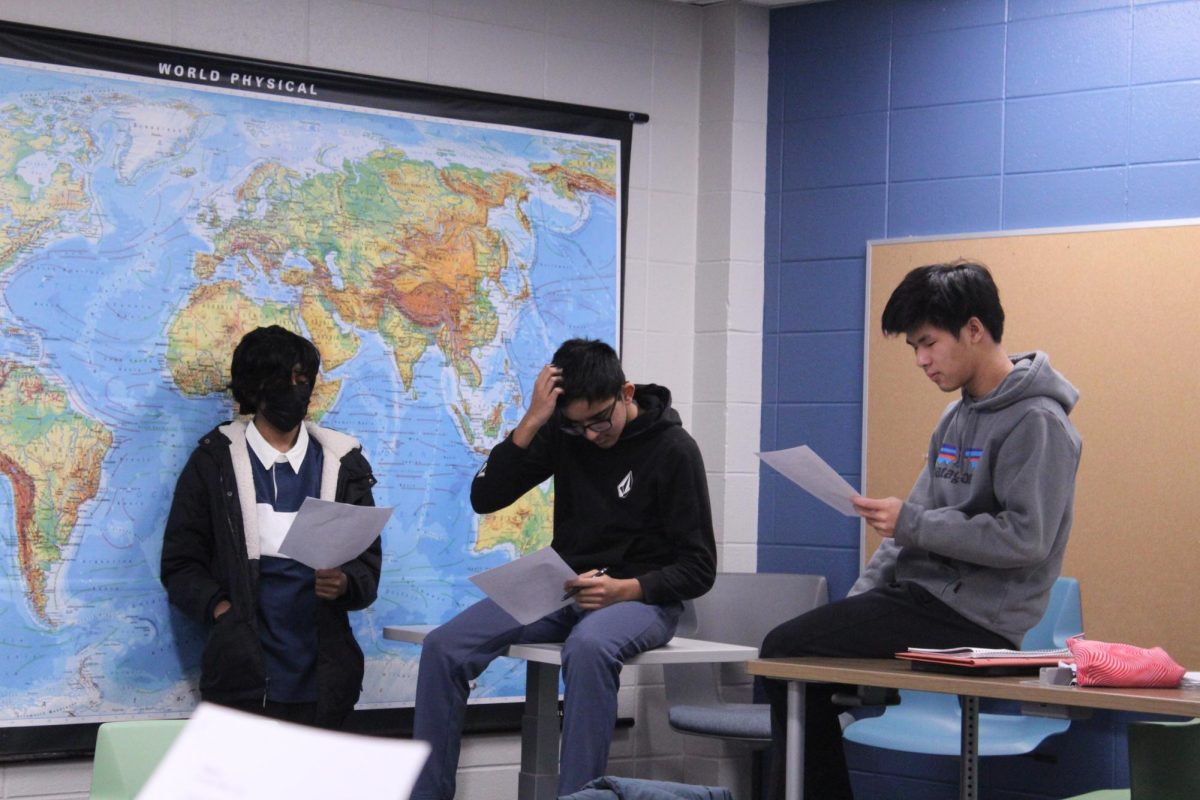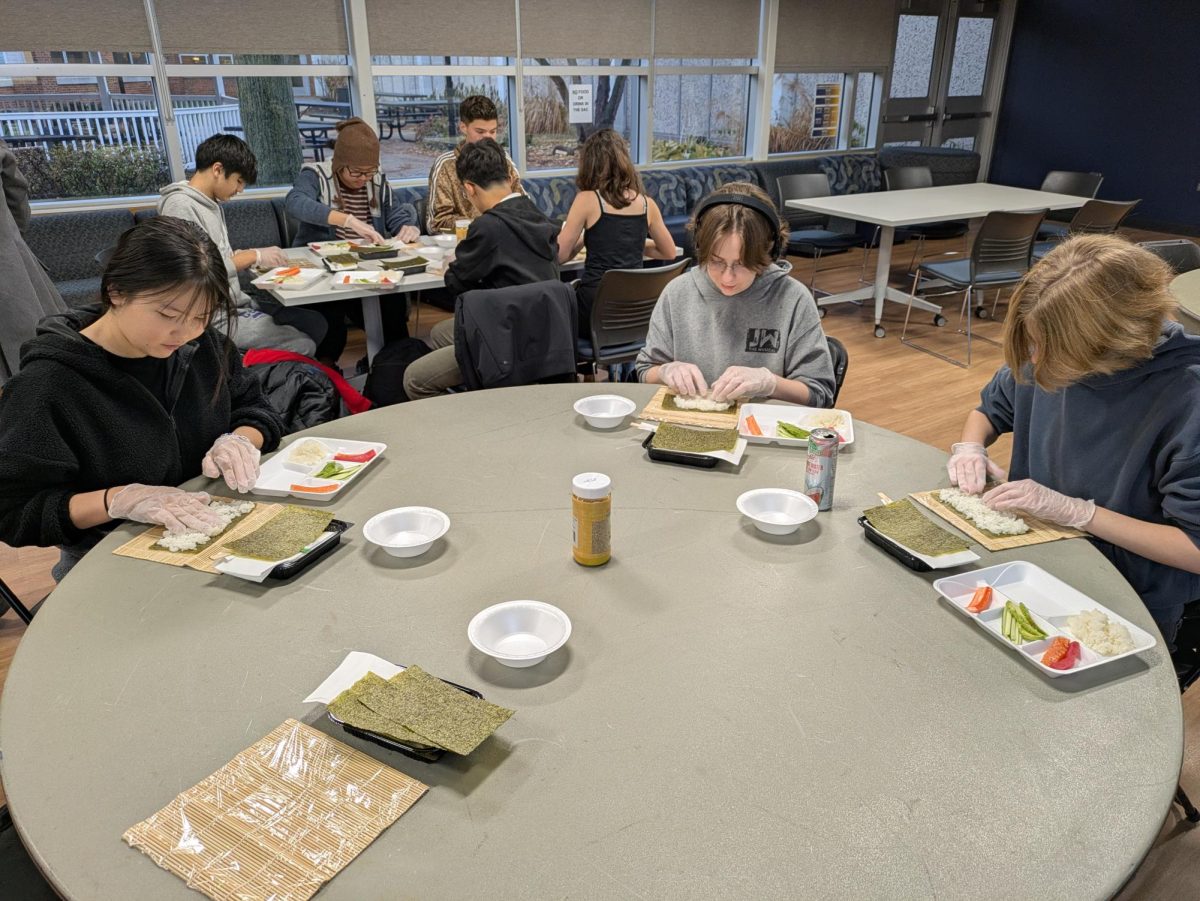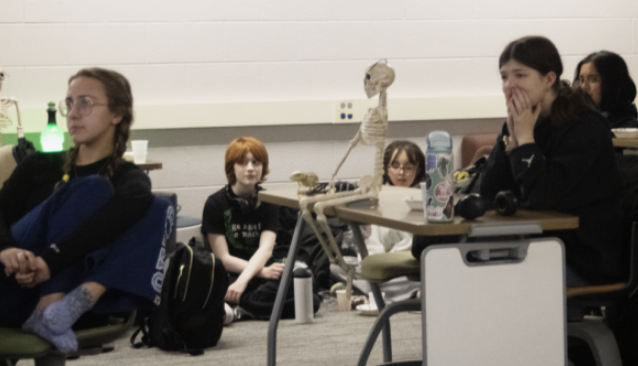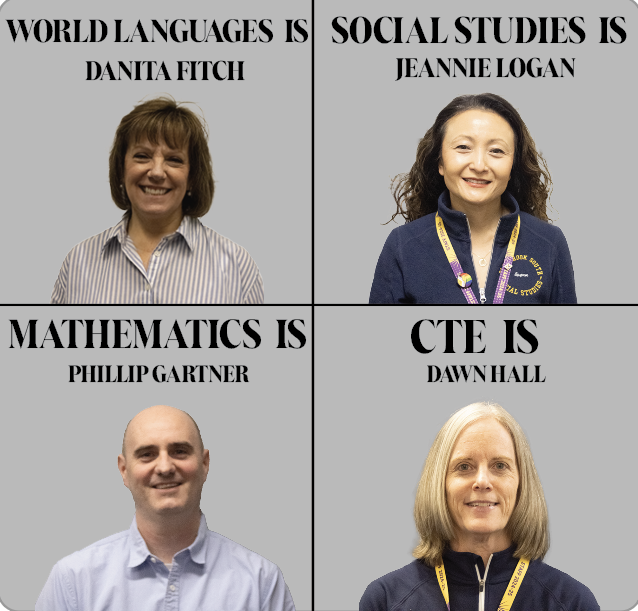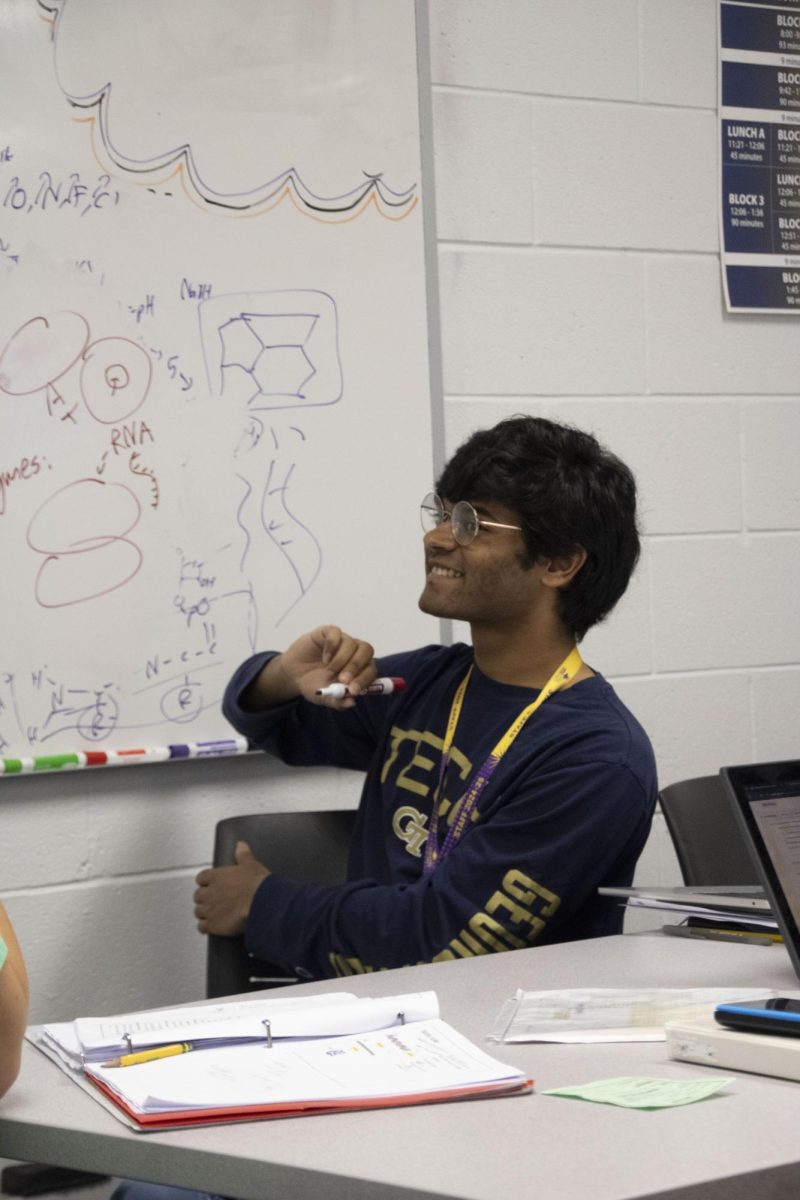In a uniquely blended curriculum of English, foreign language, and history classes, with a noteworthy group of students from both South and North, the Academy of International studies is an unparalleled program at South. The program is collaborative and self-selective, distinguishing it from every other program at South, Academy Director Matt Whipple expressed.
Academy students applied for the program in eighth grade, and after a selective process, got chosen to participate. Academy functions as a two-block class at the beginning of each day during which students learn in one classroom with three teachers, one for each subject. In addition, the curriculum is molded in a way that teaches each of the subjects simultaneously, unlike the three separate classes that other students take, Whipple explained.
“[In academy,] staff has the opportunity to develop a curriculum that they think will advance the [unique] scholarship that these students have,” Whipple said. “[Academy is] not tied to anyone else.It is essentially like nothing that anyone else is teaching anywhere.”
As a teacher, starting a school year with a full class of kids who have already spent a year together is a strange experience, explained Social Studies Teacher John Meyer. It is a fun experience where he gets to learn a lot about his students, he added.
“The students are great,” Meyer said. “[Academy is] a great way to start your morning because they’re energetic [and] very intellectually curious.”
The enriching combination of classes in the academy program offers students an opportunity to connect their classes with their real lives, sophomore Ellen Llacsa explained.
“For everything we [learn], we always connect it to philosophy [and] history, but also to the future,” Llacsa said. “[For] everything, whether that be in language, English, or history, there’s always a lot of analyzation and examining that you might not get from other classes. ”
Teachers hope for students to achieve a greater understanding of the world outside of South through this method of learning, explained Meyer.
“We’re trying to get them to think about the whole world, not just Glenview or Northbrook,” Meyer said. “[The class] goes over four years, [and] that allows them to think globally. Even though I teach the American history perspective, even within that, we’ll look at how America impacted [other countries around] the world through various things, such as the World Wars.”
As a member of Academy for the past four years, senior Hayden Hogue explained that the program is truly unique from his other classes. The environment, specifically, is the most notable detail. Being with the same group of 29 kids since freshman year allowed the students to form a unique bond, he explained.
“I definitely still get contact with a lot of my non-Academy friends, though I do get that seclusion and privateness that [you] would expect from the Academy setting,” Hogue said. “It’s cozy, [and] I like that. We make friends with everybody in Academy, so it’s a very nice [and] welcoming community.”
The different style of learning taught in Academy is intentional, explained Whipple. Students are taught in different ways than seen in a typical classroom, he added.
“We tend to encourage a much more dialogue-driven curriculum,” Whipple explained. “We press [students] to be more expressive both vocally in class, teaming [them up and] doing group projects. They’re being encouraged to develop skill sets that take longer to develop outside of the academy.”
While he explained that he does not regret his decision to join Academy, Hogue elucidated that there are a few drawbacks to the program involving academic freedom.
“The one thing that is difficult about Academy is [that] it definitely limits the amount of options that I have.” Hogue said. “It gets rid of an elective slot because it’s two blocks every morning. [However,] I also really enjoy it. I am grateful for my choice and would make the same choice again.”
Academy is also unique in that it allows students from North and South to participate in classes together, Hogue said. He explained that this semester, South juniors and seniors take a shuttle to North each morning for the first two blocks, and North students will travel to South next semester.
The students in Academy are not radically different from other students in the school, Whipple explained. The only distinguishable difference is that they applied and got accepted into the program. It is the program itself that makes all the difference, he expressed.
“We don’t have the luxury in our other programs to teach a joint class of English social studies and language, and it makes all the difference,” Whipple said. “They’re students like everybody else, but it’s what we offer them in terms of time, space, and engagement. That is a different kind of experience for students.”


